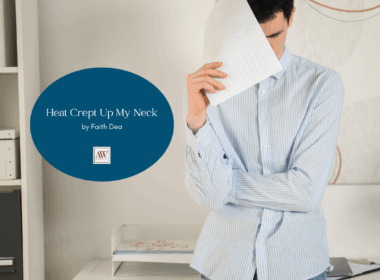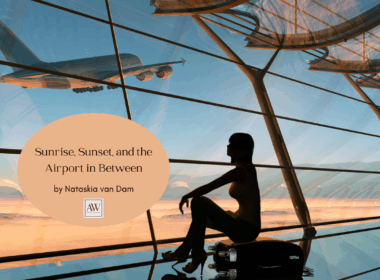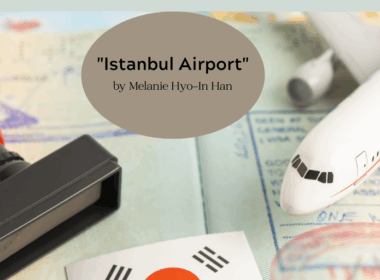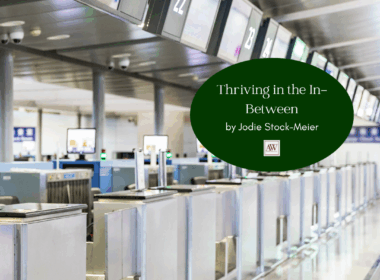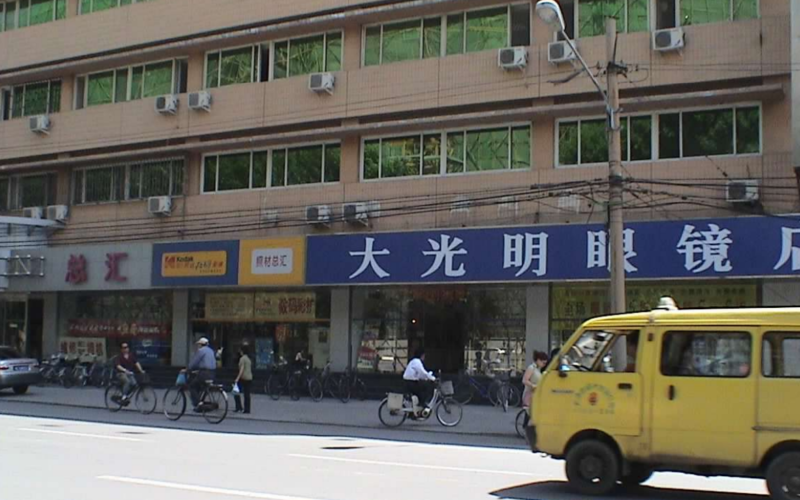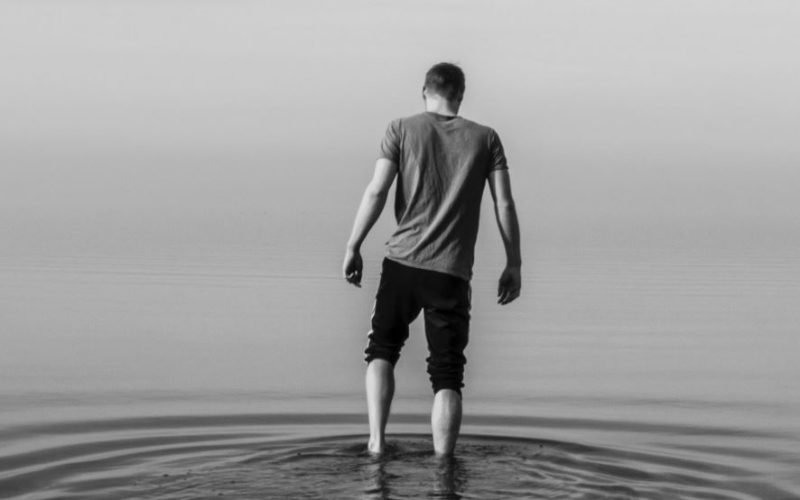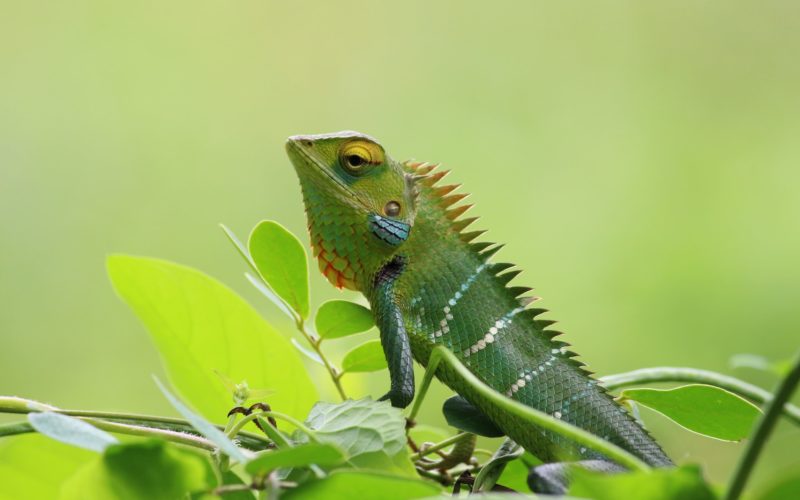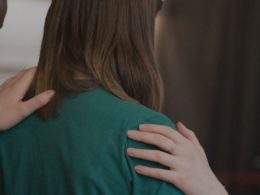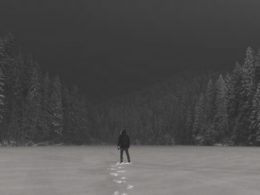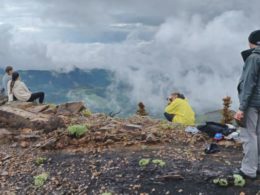by Kristen Zike Pollock
I doubt I will ever forget the spring morning I received a phone call in our suburban American townhouse from the school superintendent who asked me point blank: “Do you trust God?”
At the very height of the SARS-CoV epidemic in 2003, we were considering relocating our family for my husband to take an international school position that would launch our long-anticipated move overseas. Clearly, risk was already on the front burner of our minds, and the reasons were many: doctor’s appointments, dedicated email accounts to protect us and our company, and many yet-to-be-answered questions about our new community. We knew it wouldn’t be easy and there were inherent risks, but we tried to anticipate them through an abundance of second-hand sources, pre-departure training, consultation with experts, and (typical for me) a stack of books. I would trust God if He asked me to cross the street; I would also look both ways first. Not unlike the inoculations required to travel and meant to protect our physical bodies from disease, I may have presumed that this kind of caution would protect us from the most severe consequences of the risks we were taking.
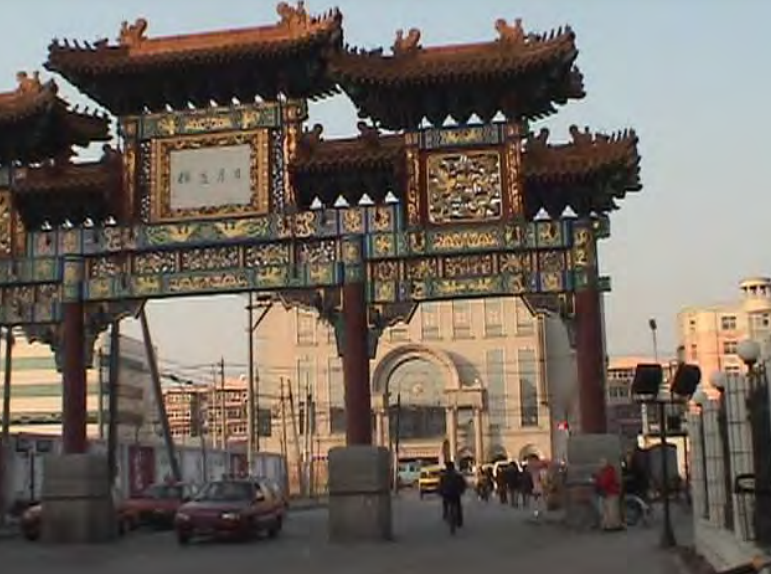
Not only that, but as the daughter-in-law and son of David Pollock (co-author of the first edition of Third Culture Kids: Growing Up Among Worlds) who—although neither a TCK himself nor with the benefit of an advanced degree—had raised four TCKs in Kenya with his wife Betty Lou, we were very attuned to the pros and cons of global mobility. Especially David’s conviction that the benefits could be maximized and the liabilities mitigated.
It was clear that not everyone watching us prepare to move to the other side of the world agreed.
As we sold our home and packed its contents, I still found myself wondering with some anxiety if, despite all of our efforts, we would be “those people” who arrive overseas only to crash and burn in the first year and have to come limping home. Like any parent, I held space for both thoughts: We are prepared. We will never be prepared.
Unsurprisingly, many of the anticipated obstacles never presented themselves, while others (like chronic illness, the strain of living in a large industrial city, and the inherent tensions of an American-run but majority-Korean school) threatened to take us out on a fairly regular basis. We trusted what and who we were asked to trust, perhaps misjudging the human condition and sometimes feeling as if we had no other choice. Like many, we have the scars to prove it.
Wouldn’t there have been risks in staying home, some ask? No doubt: we had seen, for example, that the middle school years could be tumultuous no matter where you were living. And we knew from experience that getting into an automobile is one of the biggest calculated risks many of us take on a daily basis! But might the impact and outcome of what we experienced have been softened by taking place inside the circle of a known network or neighborhood, supported by extended family and deep friendships, and without the complicating issue of believing that this was our calling? Would we have had more options when trying to make the best decisions for our family? The questions persist.
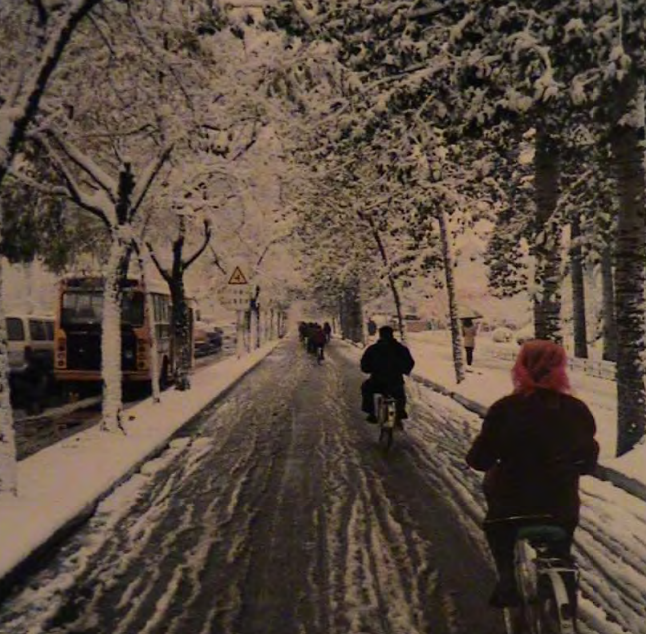
We did indeed miss family and get sick and come up against ideas that dared to challenge our assumptions and worldviews. I also made lifelong friends, learned invaluable things about myself and the world, and embraced other perspectives on what makes a good life and one worth living. We took some risks, and I will always be grateful for what we learned; I have watched our children do the same. Many collisions along the way had a silver lining (a handful of them, like love, are eternal). We have regrets, but I don’t regret making our children TCKs.
Because in life, every day, we choose to trust what and who we believe can be trusted—and let go of the rest until the day tears and pain (and traffic accidents) will be no more.
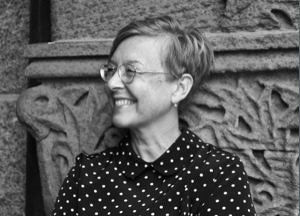
Kristen Zike Pollock was born in Sierra Leone, West Africa, to medical humanitarians but grew up in the American Midwest. She and her husband Michael took two children to Asia in 2003 to work in international education, where they joyfully increased their family through adoption several years later. Working as a paralegal in refugee resettlement in their current home in the United States is one of the most rewarding things she has ever done.


